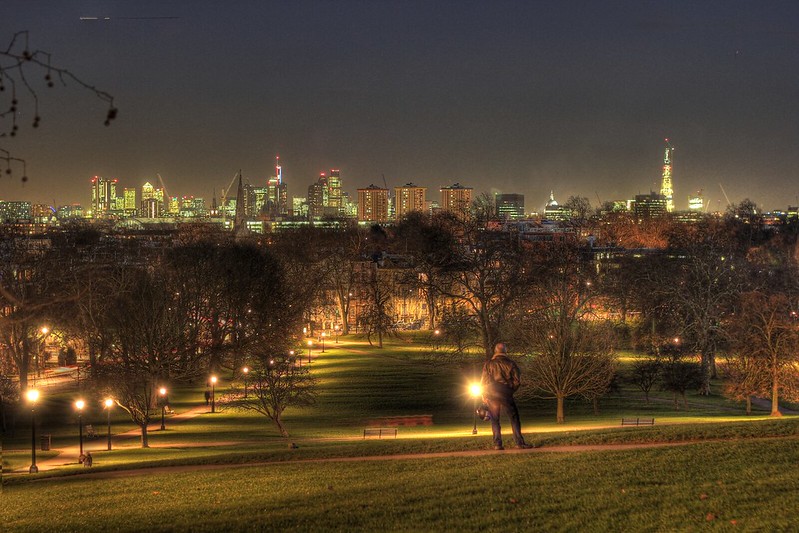Nearby residents say they're fed up with the crowds, noise, litter and antisocial or criminal behaviour.
Public parks - green spaces that are owned and maintained by local governments and free to use by all members of the public - were a Victorian idea. The intention was to counterbalance some of the negative consequences that the rapid industrialization and urbanization of the Industrial Revolution onwards had had on human beings, especially those from poorer backgrounds. Attractive outdoors spaces provided places for the many people who were living and working in crowded, dirty and/or non-natural environments to exercise, socialise and relax.
In the years since, public parks have retained a lot of these positive associations. Loads of scientific research has backed up the idea that being in green spaces is good for our mental health and general sense of wellbeing. When the UK went into its first lockdown in March 2020, public parks were one of the few places that remained open. With one in eight UK households (and one in five London ones) not having gardens, balconies or other private outdoor areas, the government determined that the benefits to urban dwellers of being able to access an outdoor space outweighed the risk of Covid transmission. Public parks were also one of the few first places where people were allowed to socialise when rules against non-household meetups began to be lifted.
The UK lifted all coronavirus restrictions in July 2021. But by then Brits seem to have become used to hanging out in parks. From a Covid-prevention perspective, that’s a good thing: the disease does not pass easily between people when they’re outside. But not everyone is happy with this trend. In particular, residents who live close to popular public parks are annoyed that there are more park-goers engaging in what they consider to be ‘anti-social’ behaviour: littering, making noise late at night, drinking, taking drugs, and committing crimes, including violent ones like stabbings. They have responded by attempting to limit access to parks. One place where they have succeeded is Primrose Hill, which has installed metal gates that are shut at night.
But actions like this have caused some bad feeling, which is exacerbated by the fact that there are big identity-based differences between many of the local residents and park goers. Parks like Primrose Hill are located in central, expensive neighbourhoods, so by definition local residents tend to be far better off than average. Park partiers also skew younger than residents - many of them are teenagers or in their 20s.
In many ways, young people suffered the most from the coronavirus restrictions, despite being the least susceptible to the disease itself. Their education was hugely disrupted, and they were more likely to lose their job or be unable to get one in the first place. They were also more likely to live in crowded or otherwise less-than-ideal housing, and to have had to give up more social activities (as young people tend to have wider social circles than older people).
Similarly, being well-off made a huge difference in how pleasant someone's experience of lockdown was. Richer people were more likely to have spacious living arrangements, private gardens, home offices and the ability to swallow financial hits such as cancelled holidays or pay cuts. They also had more money to spend on breadmakers, crafting kits, treadmills and other things that could make being stuck in the house 24/7 more bearable.
For many park-adjacent residents, the wellbeing benefits of living in a safe, quiet and pleasant area simply trumps what they see as the wellbeing benefits of being able to get pissed in a park with your mates. At the same time, for many less well-off young people, parks provide one of the few cheap and spacious socialising spaces they have easy access to. Taking that away may seem to some of them like yet another example of richer, older generations not caring about their lives.
Read our explainer on: economic equality.

